Two Canadians founded a boba tea company. Then the "anti-racist" mob came for them.
It all began when Sébastien Fiset and Jessica Frenette, a couple of Quebec entrepreneurs, started a bottled bubble tea brand called Bobba (officially Distribution Bobba Inc.) and then pitched their project last week on "Dragons' Den," which is essentially Canada's equivalent of "Shark Tank." Fiset and Frenette were seeking $1 million in exchange for 18 percent of the company.
They ended up getting much more than they bargained for: A pitchfork army banging down their door.
@cbcgem This bottled bubble tea business pitches to celebrity Dragon Simu Liu and the rest of the Dragons (📺: Dragons' Den) #dragonsden #simuliu ♬ original sound - CBC Gem
The pair's TV appearance brought attention alright. You see, the tea-based drink originated in Taiwan, and apparently, you have to be Taiwanese to make it. More than that — since Bobba simply distributes the fruit pearl formula (the "boba") manufactured by a supplier in Taiwan — you're not permitted to sell it unless you're also of Taiwanese origin, according to the race-obsessed Left's rulebook. The mere commercialization of it is "cultural appropriation." You're not even allowed anywhere near the supply chain let alone be a part of it.
Asian actor Simu Liu, the celebrity guest "Dragon" on Thursday's episode of the CBC show, sparked the Internet firestorm with his scathing on-air review of Bobba. Liu, who's Chinese Canadian, is known for portraying "Shang-Chi" in Marvel's movie based on the comic book character of the same name.
After taking a sip of the product, Liu said it tasted "fine" but he was concerned about "this idea of 'disrupting' or 'disturbing' bubble tea," meaning the market. Specifically, he took issue with the idea of "taking something that's very distinctly Asian in its identity and quote-unquote making it better."
Fiset told the "Dragons" that they had "transformed this beloved beverage into a convenient, healthier, ready-to-drink experience." What's unique about it, Fiset said, is Bobba's packaging paired with its grab-and-go packs of popping pearls, a type of topping that bursts with fruit juice when squished. (Boba tea typically consists of tapioca balls sunken at the bottom, though fruit-flavored variations already do exist.) The pair's product line, in particular, also includes cans of alcoholic bubble tea.
Recommended
Liu, questioning if there's anyone Asian involved in the process, pressed them on how Bobba is paying "respect" to "this very Asian drink." To which, they mentioned working closely with a partner in Taiwan that produces the boba recipes.
"That's the best part; that's the cultural part of our product," Fiset replied, noting that they travel to Taiwan and closely collaborate with their partner there. "They are part of our team."
Unsatisfied, Liu mentioned that there was no nod to boba's origin anywhere on the can.
"I am studying your can, and I am looking for anything that tells me where boba came from, and where boba came from is Taiwan," retorted Liu, a general partner of the venture capital fund Markham Valley Ventures. "You know, I started this venture company for a lot of reasons, but really primarily to uplift minority entrepreneurs."
"And not only do I feel like this is not happening here, but that I would be uplifting a business that is profiting off of something that feels so dear to my cultural heritage," he continued. "I want to be a part of bringing boba to the masses, but not like this. So for that reason, I'm out."
Over the weekend, clips of Liu's commentary accusing the business owners of cultural hijacking went viral online. Outraged racial justice activists joined in on the dogpile, even directing death threats at Bobba's founders.
Fiset and Frenette issued a social media statement Monday to "deeply apologize" for "the harm we have caused by our words," adding that they accept "full responsibility for the impact of our actions" and agree that Liu raised "very valid points regarding cultural appropriation."
"It is clear to us that we should have called upon our Taiwanese partners to shape the ways in which we give credit to the cultural roots of bubble tea and ensure cultural integrity by properly acknowledging its origins in Taiwanese culture," the duo wrote. "We will re-evaulate our branding, packaging, and marketing strategies to ensure that they reflect a respectful and accurate representation of our Taiwanese partnership and bubble tea's cultural roots."
Overall, it's been "a valuable learning experience" for them, they said.
Seconds into the "Dragons' Den" pitch, Liu immediately interrupted the contestants with a series of snarky remarks.
"Dragons, you have probably heard about bubble tea," Frenette said.
"I've never," Liu sarcastically interjected. "Has anyone else heard of bubble tea? What is bubble tea? I've never heard of this thing before in my life."
Continuing, she characterized boba tea as "that trendy, sugary drink you are queuing up for and you are never quite sure about its content." Liu again griped: "Hang on. Hang on, I'm quite sure about its content."
Liu was apparently referencing the stereotype that Asian food is unhealthy, its preparation unhygienic, and contents mysterious.
Viewers called Frenette's "never quit sure about its content" comment "a microaggression."
In their lengthy apology statement, Fiset and Frenette clarified that they were referring to the contents of other ready-to-drink products like theirs located in big box stores, not boba tea formulas found in specialized shops. They stressed that this wasn't effectively communicated because English is not their first language.
When reporting on the uproar, many mainstream media outlets in both Canada and the U.S. kept throwing around the term "traditional" to describe the drink — like it's something sacred, a long-established custom, as if boba tea has some storied history dating back to the Qing dynasty. (It was invented in the 1980s.)
NBC News said that "traditional foods are often commercialized by people who overlook their cultural significance." USA Today interviewed a DEI professor who said Bobba "falls in line with a long history of companies and corporations exploiting cultural artifacts, customs and lived experiences for economic profits." CBC talked to "equity consultants" who suggested that Bobba should hire advisors from the Asian community.
During the Bobba presentation on "Dragons' Den," investor Manjit Minhas defended the concept, saying: "There can be new takes on things. Not everything has to be traditional."
Minhas ultimately accepted Fiset and Frenette's original investment offer. This was after other "Dragons," who laughed off Liu's theatrics, also offered to invest in Bobba.
Fiset said they believe Bobba will be worth $1 billion in the next five years. The company just ended its second year with $4.6 million in revenue and expects to make $7 million this year.
"It makes me sad how successful this business is. It makes me sad that people are drinking boba [this way]," Liu said to the other investors afterward.
In response to the controversy he had stirred, Liu posted a TikTok video Saturday, captioned "lets be kind to each other," saying that while he appreciates the support from his followers, he condemns the harassment of and threats toward Bobba's owners.
"Let's critique each other. Let's critique this idea of cultural appropriation. Let's talk about it," Liu said. "But what we're not going to do is threaten people's physical safety and make people feel unsafe and cause them trauma that, quite honestly, they don't deserve as entrepreneurs who, in good faith, attempted to pitch a business."
@simuliu some thoughts on boba/bobba 🧋lets be kind to each other!
♬ original sound - Simu Liu
"I think we're starting to lose the plot," he continued, "which is: Let's educate people. Let's make the world a better place. Let's make people aware that certain things aren't okay from a cultural perspective."
He added that although his fellow "Dragons" seemed dismissive towards his concerns on camera, they were "all ears" in the break room to hear more of Liu's perspective.
Since the "Shark Tank"-style show aired, Minhas announced on Instagram that she has decided to break off her $1 million investment deal with Bobba. "After more reflection, due diligence, and listening to many of your opinions, I will not be investing in Bobba Tea," she said.
The show's producers told TODAY.com that this segment "sparked an important conversation," but that there has also been "a lot of online bullying of show participants."
"Dragons’ Den" is based on a Japanese show with a similar premise.

















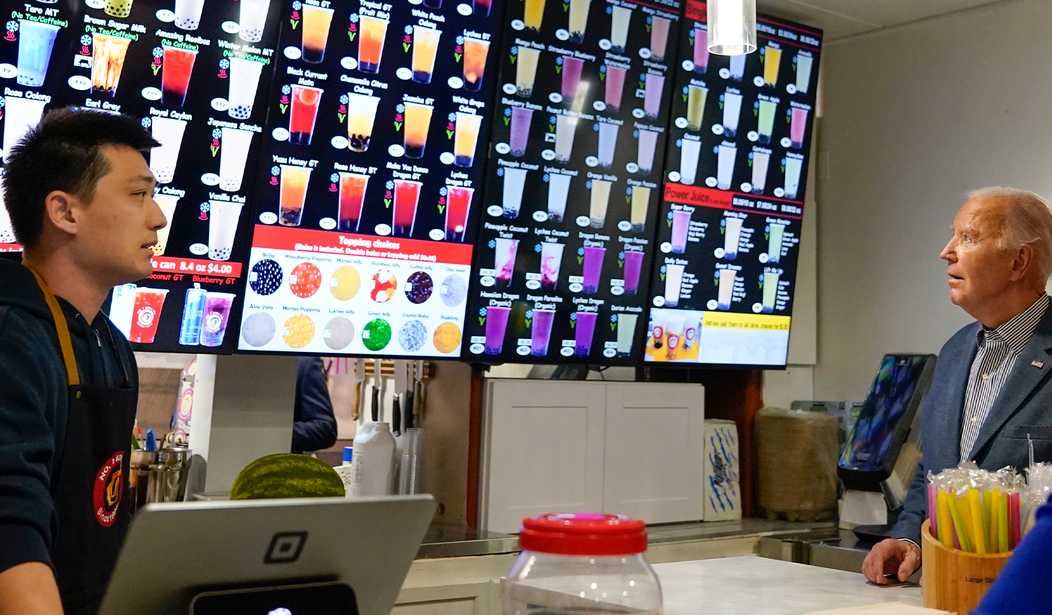
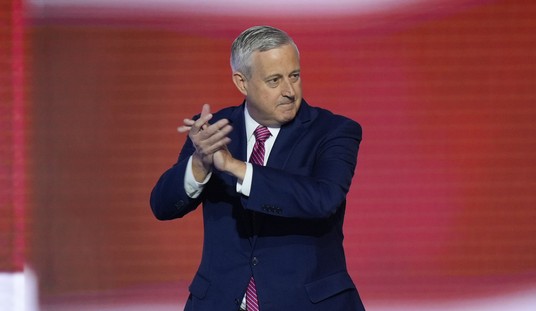

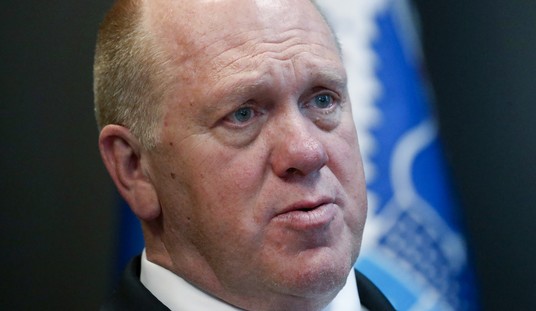
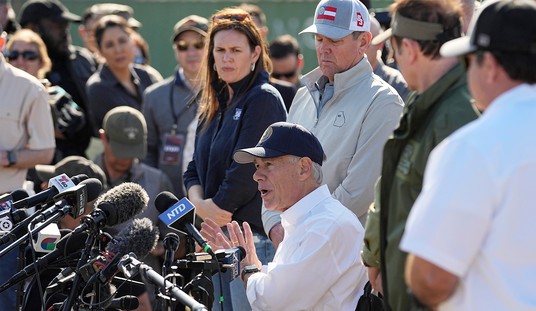
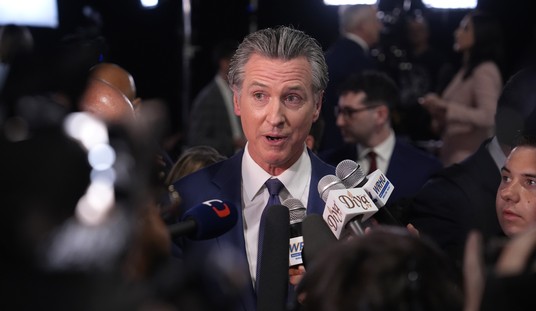


Join the conversation as a VIP Member